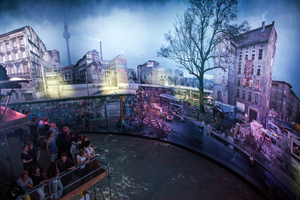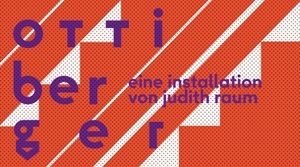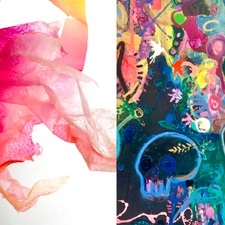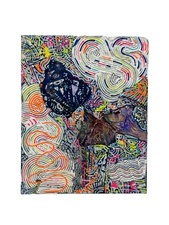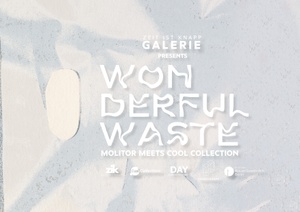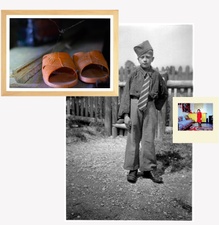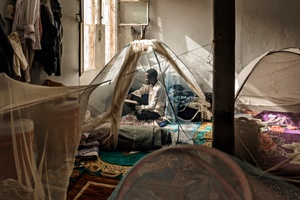UNSERE KÖRPER, UNSER KAMPF, UNSERE GESCHICHTE — GADAG
In the organizer's words:
Exhibition:
- April 13-28: Wednesdays - Sundays, 2-8 p.m.
- April 29-30: 2-8 p.m.
"Our bodies, our struggle, our stories"
A participatory exhibition by In collaboration with the Korea Association and Spicy Ginkgo Collective
In the exhibition "Our Bodies, Our Struggle, Our Stories" we show the unifying power of the peace statue in Berlin-Moabit, a memorial for "comfort women". "Comfort women" were sexually enslaved by the Japanese Imperial Army in the Asia-Pacific region during the Second World War and had to serve as "comfort women" and "comfort" soldiers during the war.
The peace statue is therefore also a memorial against sexualized violence in times of war, bringing together transnational movements, marginalized communities and urban neighbourhoods. Through its presence, it creates intergenerational dialogues about entanglements that are difficult to unravel: Colonialism and sexualized violence, cultures of silence and shame, anti-colonial movement history and feminist resistance.
Various works and objects in the exhibition document how the statue of peace sets people in motion and makes them speak through its immediate presence in the cityscape:
In the form of film and installation, artistic results from the Korea Association's many years of work with young people who have explored these issues in their treatment of the history of the so-called "comfort women". The peace statue functions as an educational medium to convey the complexity of the issues of colonialism and sexualized violence. It addresses the silence of those affected due to shame and feelings of guilt as well as the denial of the crime by the perpetrators. In addition to historical reappraisal, the work with young people also aims to raise awareness of sexualized violence in past and current war situations and in the young people's own lives. The work is intended to give young people the courage to break the silence and empathy for those affected.
In the interactive part of the exhibition, the Spicy Ginkgo Collective presents the activist network that has spun around the peace statue since 2020: as an anti-colonial and feminist memorial, it is a central point of reference for various political struggles. Social movements and marginalized communities return to it again and again to bring their concerns to the public in Berlin - and far beyond. What the peace statue and they have in common is the fight against the repression of experiences of violence from collective memories and the addressing of current injustices. In the form of exhibited speeches, video and photographic material, visitors are given an insight into the relationships of solidarity and kinship. Visitors are also invited to engage creatively with the history of the peace statue in the form of DIY zines and to weave new threads.
This content has been machine translated.



